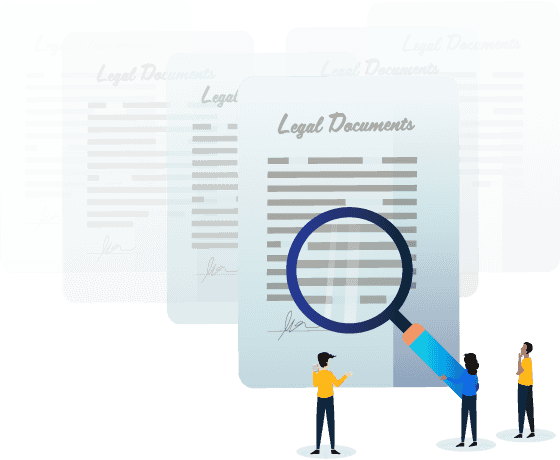You get sick and can’t perform your normal duties., unfit for work and are unsure if you are able to take some time off work. You have called in ‘sick’ for the past week and your employer has been emailing you when you are coming back to work. It is important to understand what personal leave is and your entitlements when taking a personal/carer’s leave.
What is Personal/Carer’s Leave?
Personal leave allows an employee to take time off from work to help them with personal illness, caring responsibilities and family emergencies. This type of leave is only available to permanent employees. In other words, as casual employees, you are not entitled to take paid personal or carer’s leave.
Permanent workers able to take this leave under the National Employment Standards (NES) . A minimum of 10 days per year is the threshold. You should consult a lawyer to review your employment agreement.

Get your full time employment agreement now for free.
Hire your employees and protect your business with our full time employment agreement.
Whilst personal or carer’s leave are one single entitlement, you must be aware of the differences between personal or carer’s leave. This is largely due to the fact that each of the entitlements will have different obligations that you must follow.
What is the Difference between Personal and Carer’s Leave?
Generally, personal leave is when you are unable to work due to a temporary illness or injury. You must provide your employer with notice of personal leave as soon as possible.
On other hand, carer’s leave is when you need to take some time off work to care for an immediate family member or household. You will need to state the relationship between you and the family member. It is crucial to be aware of the meaning of ‘immediate family member’. The FairWork Government website provides a definition of who an immediate family member can include. Similar to personal leave, you must notify your employer of the intended leave as soon as possible along with evidence of the need to seek leave. This can be in the form of either a medical certificate, doctor’s letter or statutory declaration.
How will I be Paid during my Leave?
You must be wondering what your payment scheme will be like if you choose to take personal or carer’s leave. The minimum requirement that must be complied by the employer is a base rate of pay for the ordinary hours you would of worked during the period that you take the leave. But this does not include incentive-based payments, bonuses, loadings, monetary allowances, overtime or penalty rates.
What is Unpaid Carer’s Leave?
Casual employees can take unpaid carer’s leave. Casual employees must take carer’s leave as a single continuous period of up to two days. However, it is recommended to have a lawyer review your casual employment agreement to ensure your working needs are met.
Final Thoughts
Personal/carer’s leave are employee entitlements that can be used in circumstances where illness or injury has fallen upon an employee or an immediate family member. Certain requirements must be met by an employee before entitlements are given. By failing to comply with the obligations, an employee may be legally liability for termination.





